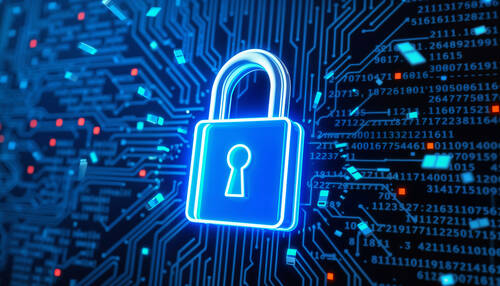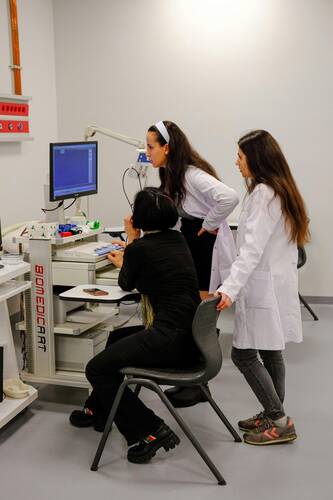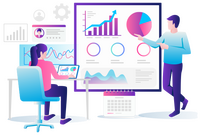Technology / 02.04.2025
Guide to Free VPNs for Android Phones: Keep Your Personal and Medical Data Safe
 You’re enjoying a quiet moment, browsing your favorite websites on your Android phone at a coffee shop, but behind the scenes, your personal information is vulnerable to hackers.
It’s easy to forget that public Wi-Fi and unsecured networks leave your phone exposed to online threats. A VPN, or Virtual Private Network, can help protect your privacy and prevent anyone from snooping on your data. The good news? You can get a top-notch VPN for your Android phone for free.
In this guide, we’ll walk you through how free VPNs work on Android devices, help you find the best ones, and explain how to set them up to secure your personal information without paying a dime.
You’re enjoying a quiet moment, browsing your favorite websites on your Android phone at a coffee shop, but behind the scenes, your personal information is vulnerable to hackers.
It’s easy to forget that public Wi-Fi and unsecured networks leave your phone exposed to online threats. A VPN, or Virtual Private Network, can help protect your privacy and prevent anyone from snooping on your data. The good news? You can get a top-notch VPN for your Android phone for free.
In this guide, we’ll walk you through how free VPNs work on Android devices, help you find the best ones, and explain how to set them up to secure your personal information without paying a dime.




